If you’re looking to increase your protein intake, choosing the right foods is essential. Protein supports muscle growth, keeps you full longer, and provides steady energy throughout the day. Here’s a breakdown of the 20 most protein-packed foods—plus a bonus addition to help you maximize your protein intake.
Grated Parmesan – A Hidden Protein Powerhouse
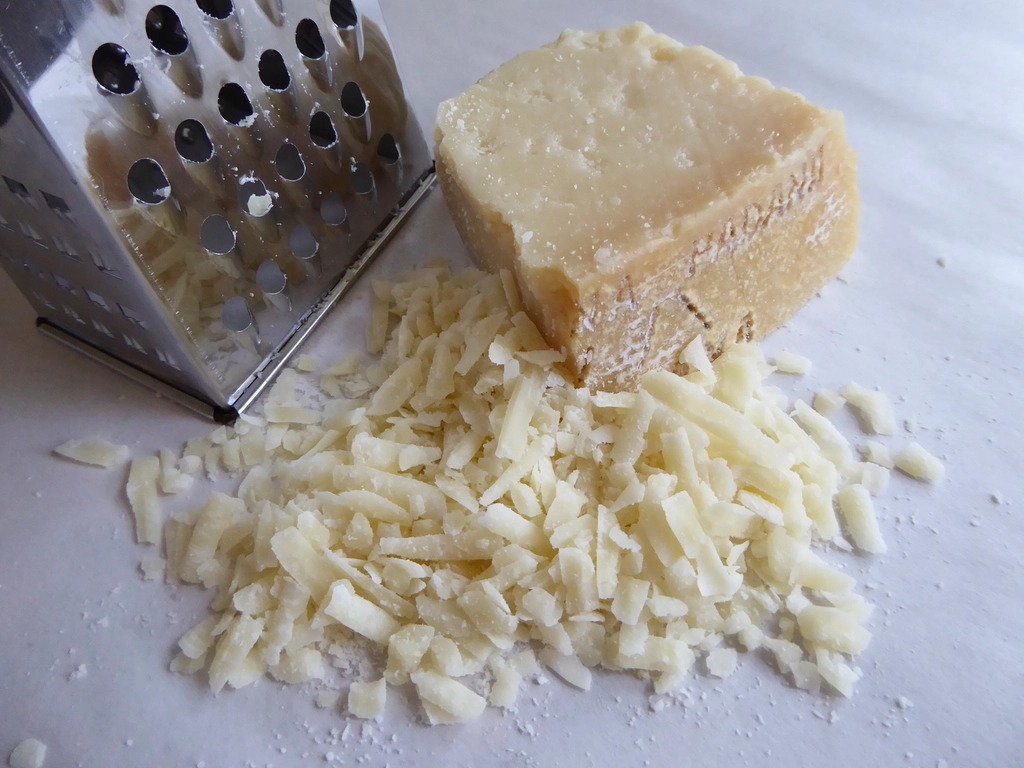
Parmesan tops the list with an impressive 39 grams of protein per 100 grams. Sprinkle it over pasta, salads, or omelets for extra flavor and nutrients.
Soybeans – A Plant-Based Protein Superstar
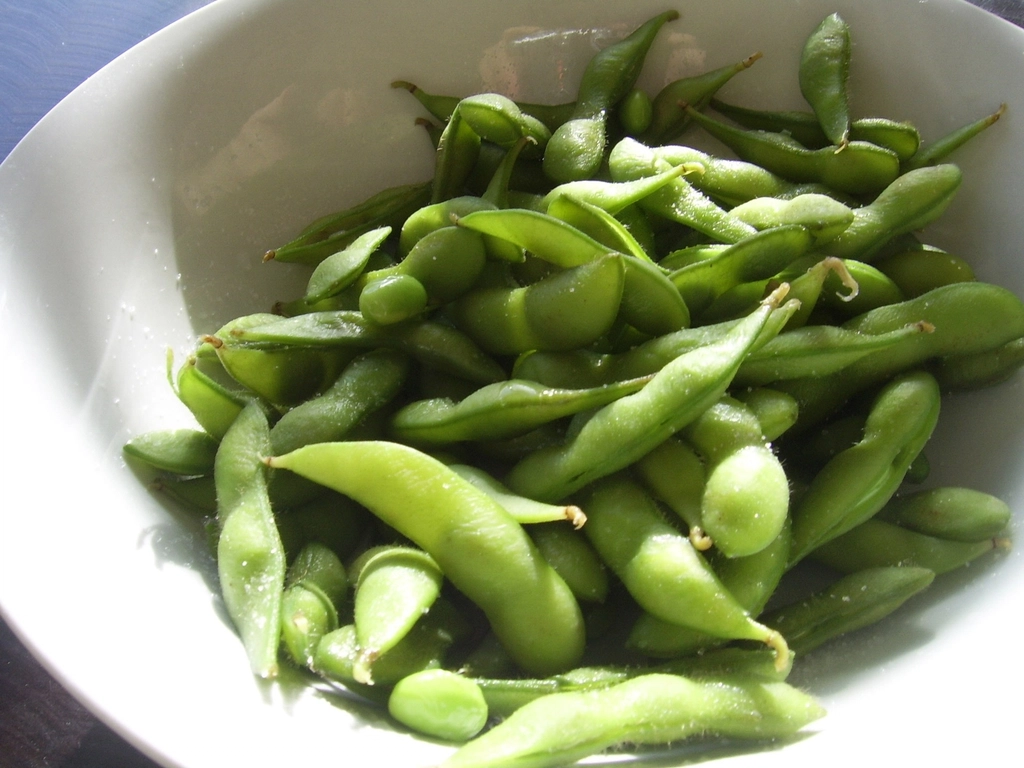
Soybeans contain 36 grams of protein per 100 grams, making them one of the best plant-based protein sources. They’re great in salads, soups, or roasted as a snack.
Pumpkin Seeds – Small but Mighty
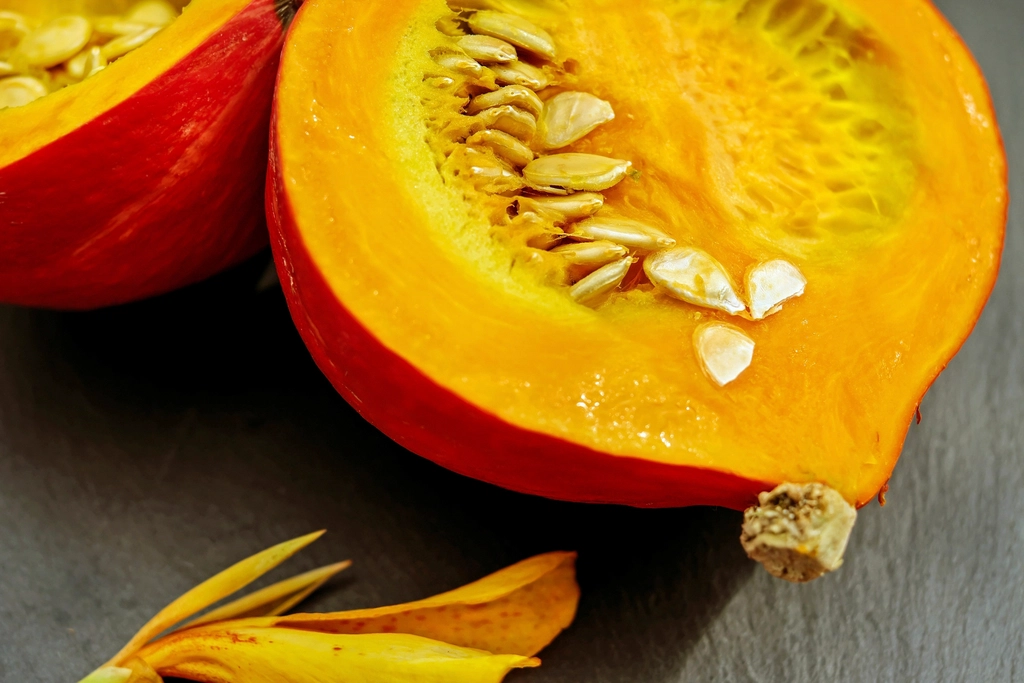
These tiny seeds pack 31 grams of protein per 100 grams. They’re perfect as a yogurt topping, in smoothies, or enjoyed as a crunchy snack.
Also read: 10 common myths about a vegetarian diet
Hard Cheese (20+) – Creamy and Protein-Rich
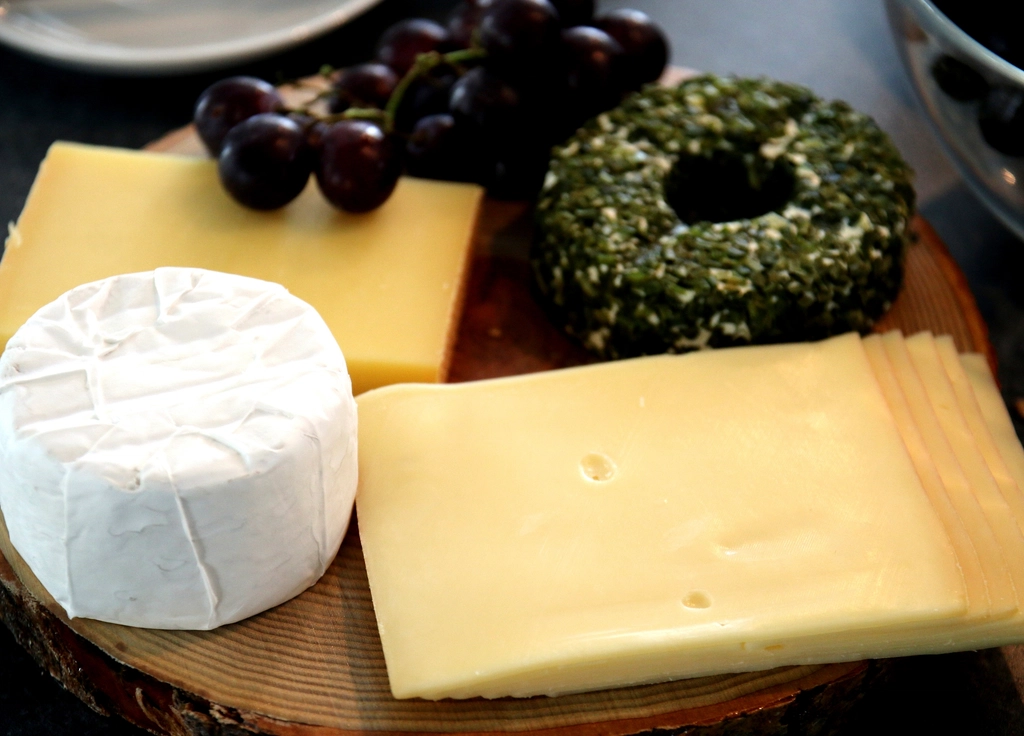
Hard cheese with 20+ fat content contains 30 grams of protein per 100 grams. A tasty addition to sandwiches, salads, and hot dishes.
Hemp Seeds – A Plant-Based Superfood
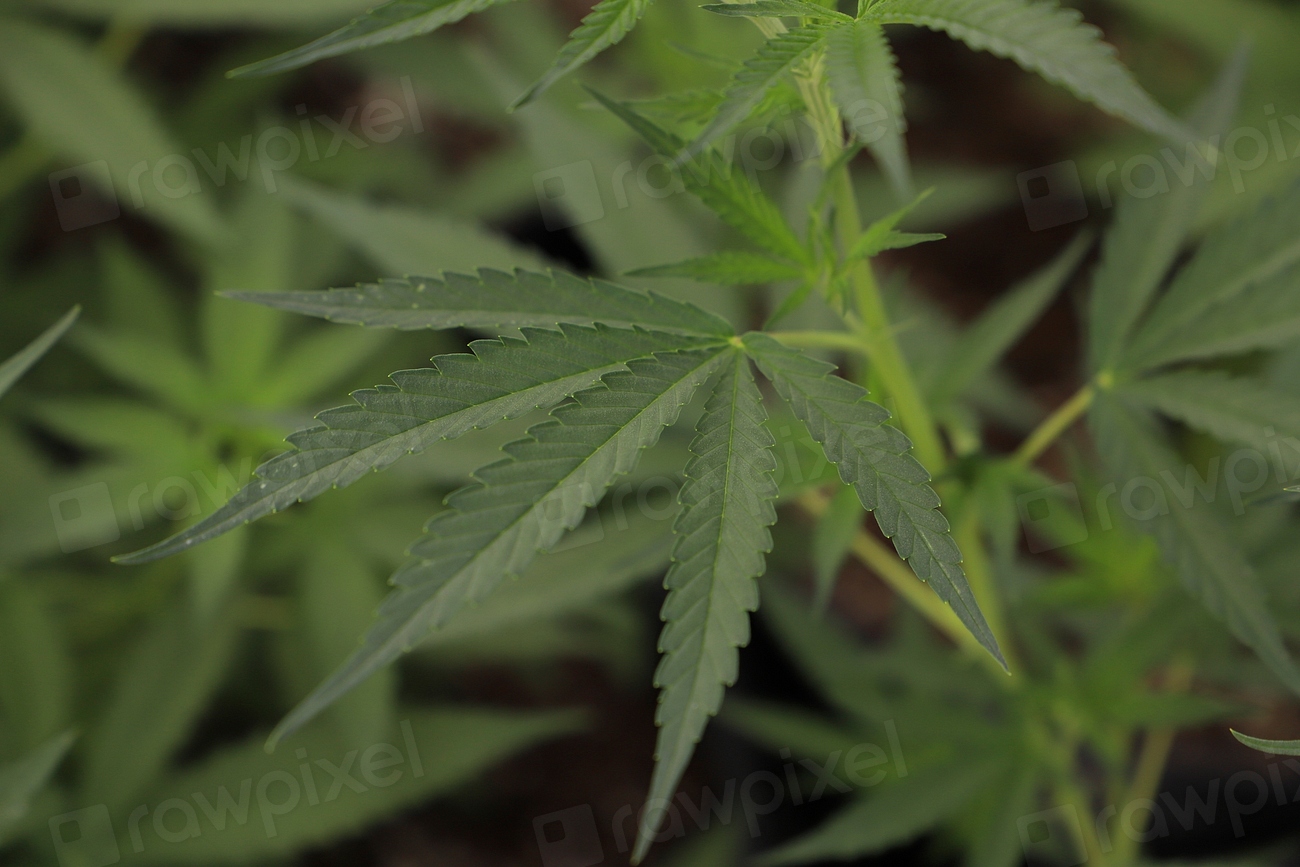
Hemp seeds also provide 30 grams of protein per 100 grams. With a mild, nutty flavor, they’re great in smoothies, porridge, and baked goods.
Mozzarella (30+) – Soft and Nutritious
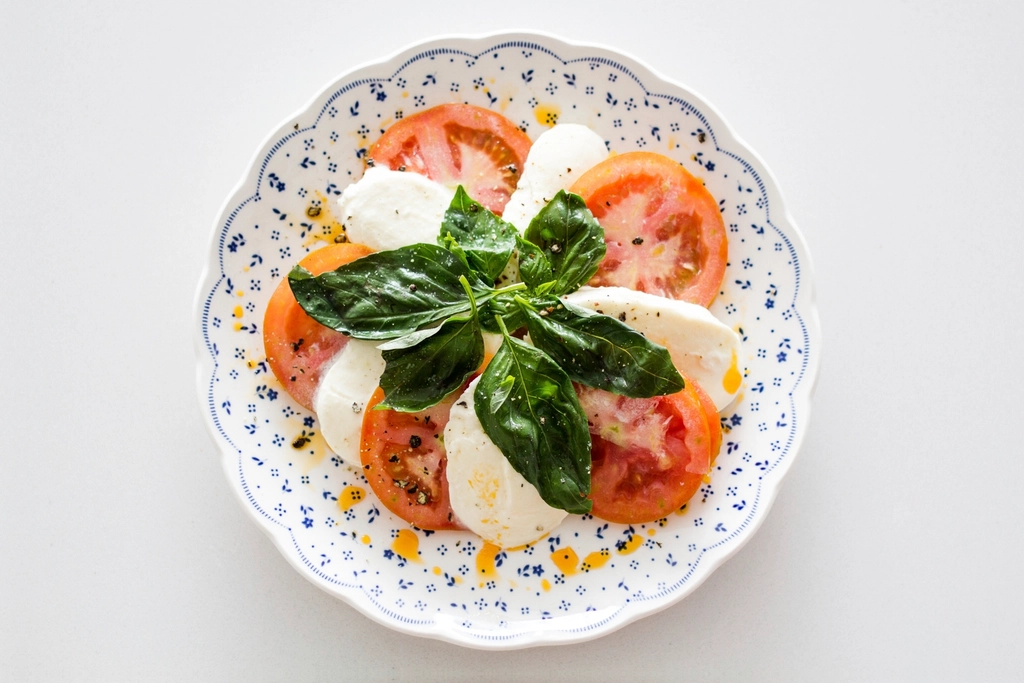
Mozzarella with 30+ fat content offers 29 grams of protein per 100 grams. It’s ideal for salads, pizza, and sandwiches.
Hard Cheese (30+) – A Filling Snack

Hard cheese with 30+ fat content delivers 29 grams of protein per 100 grams, making it an excellent choice for snacking or adding to meals.
Also read: Expert Tips: How to Use Your Freezer Safely and Efficiently
Sunflower Seeds – Protein and Healthy Fats

Sunflower seeds contain 28 grams of protein per 100 grams and are easy to sprinkle over bread, salads, and porridge.
Emmental (45+) – Bold Flavor, High Protein
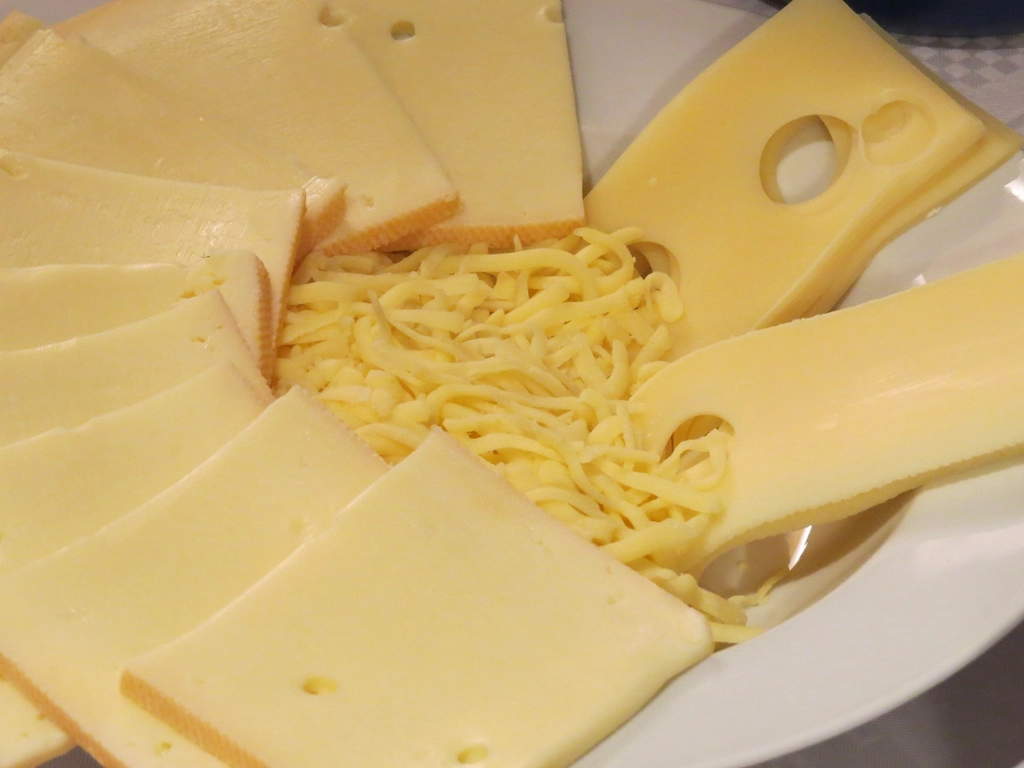
This Swiss cheese provides 28 grams of protein per 100 grams. It works well in sandwiches, gratins, or as a snack.
Tuna – A Protein Classic
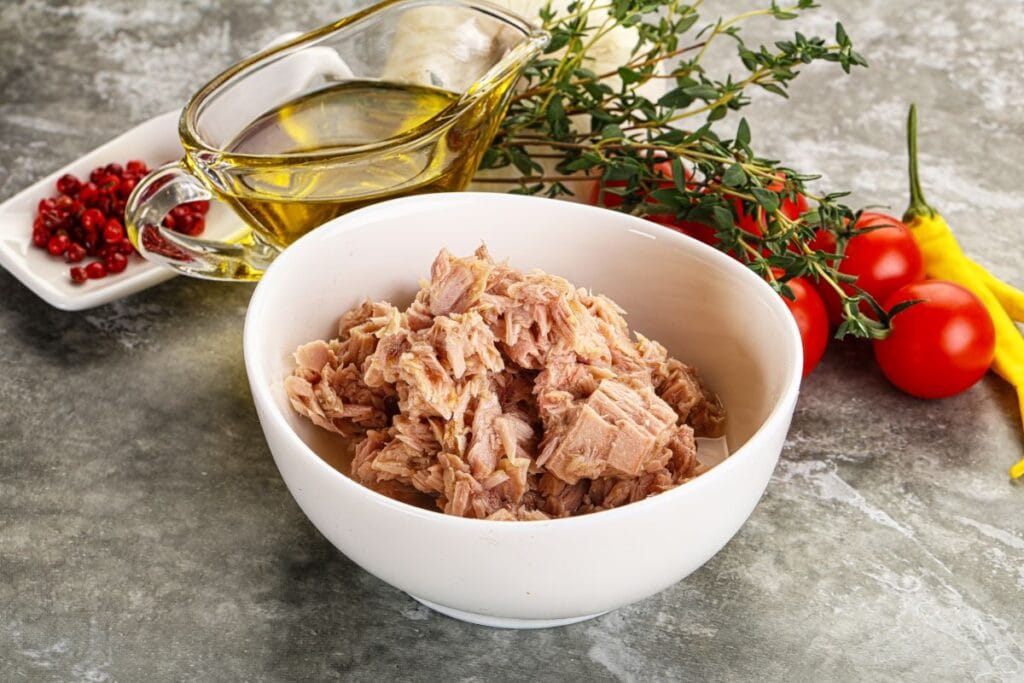
Tuna packs 27 grams of protein per 100 grams. It’s lean, versatile, and great in salads, wraps, or on whole-grain toast.
Peanuts – Crunchy and Protein-Dense

Med 26 gram protein per 100 gram er jordnødder en god snack eller ingrediens i asiatiske retter og peanutbutter.
Also read: Irritable Bowel Syndrome – 15 Ways to Ease Your Symptoms
Flaxseeds – Small Seeds with a Big Impact
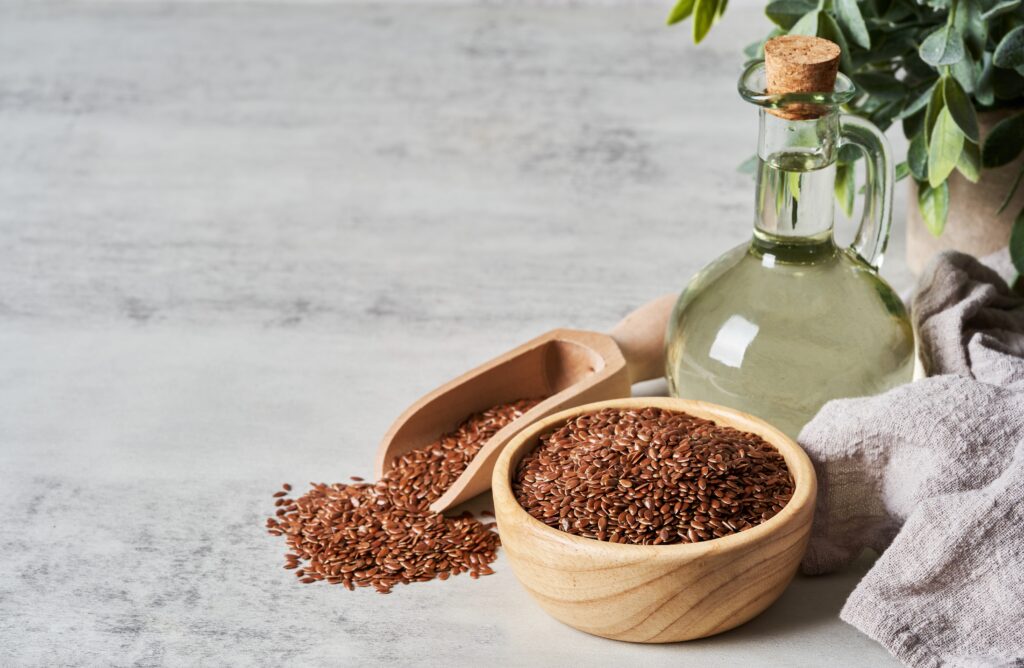
Flaxseeds provide 26 grams of protein per 100 grams and are also rich in omega-3 fatty acids. Add them to smoothies or baked goods.
Roasted Peanuts – A Snack Favorite

Peanuts contain 25 grams of protein per 100 grams. Enjoy them as a snack or in peanut butter for a protein boost.
Sardines – Packed with Protein and Omega-3s
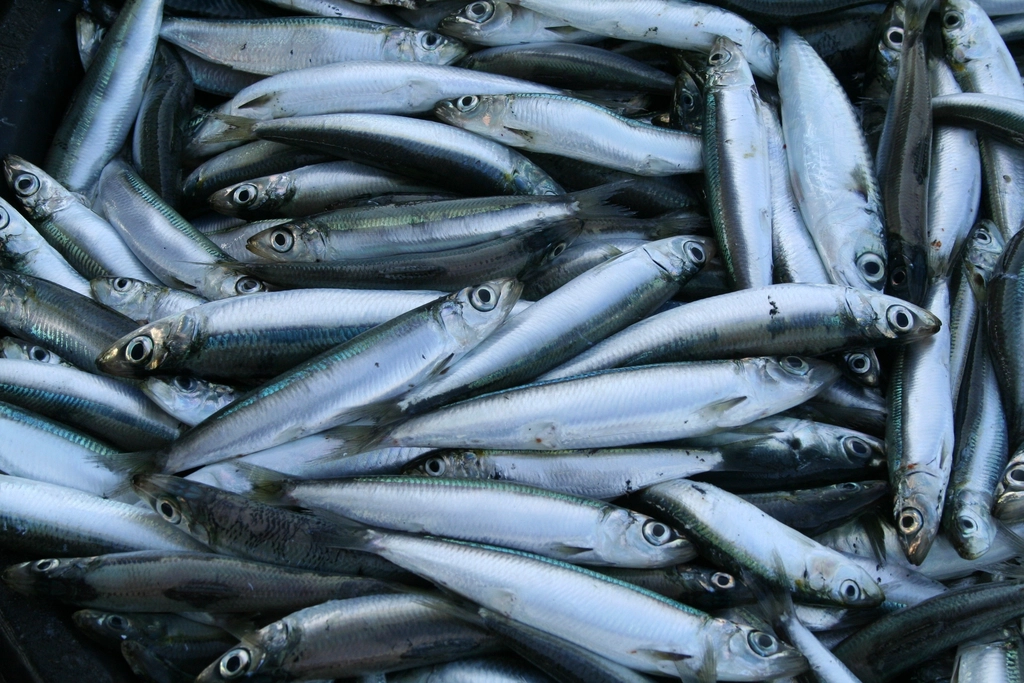
Sardines contain 25 grams of protein per 100 grams and are an excellent source of healthy fats. Eat them on whole-grain bread or in salads.
Camembert (30+) – Creamy and Protein-Packed
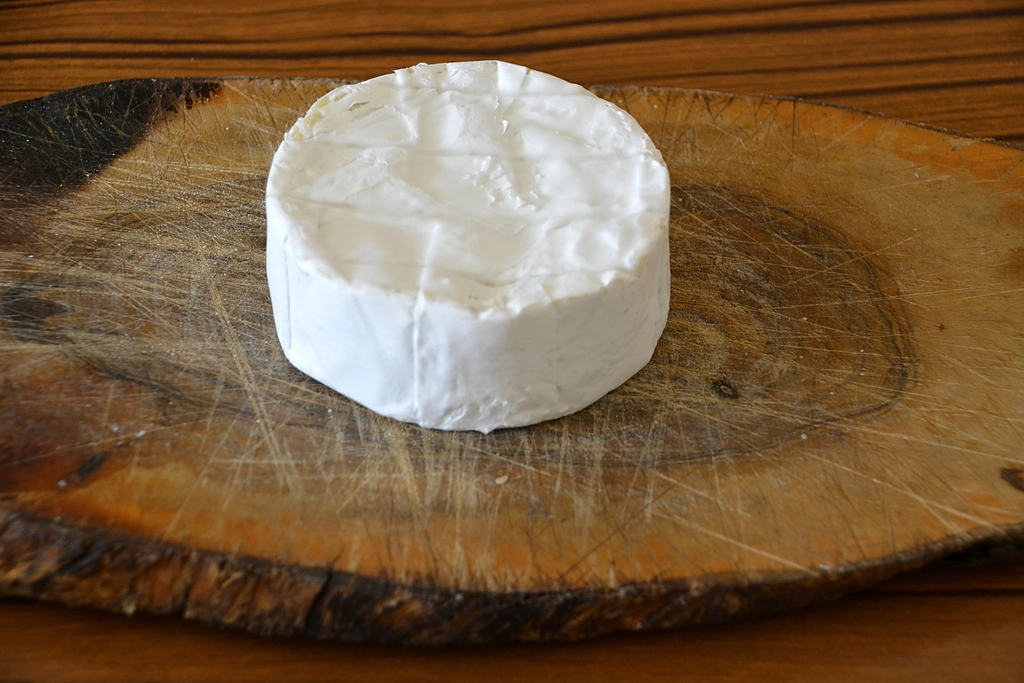
Camembert with 30+ fat content provides 25 grams of protein per 100 grams. A delicious addition to cheese boards or sandwiches.
Also read: Why Rice Can Make You Sick – and How to Avoid It
Hard Cheese (45+) – Intense Flavor, High Protein

With 25 grams of protein per 100 grams, this cheese is both flavorful and nutritious. Use it in dishes that call for a strong cheese taste.
Red Lentils – Ideal for Vegetarian Meals
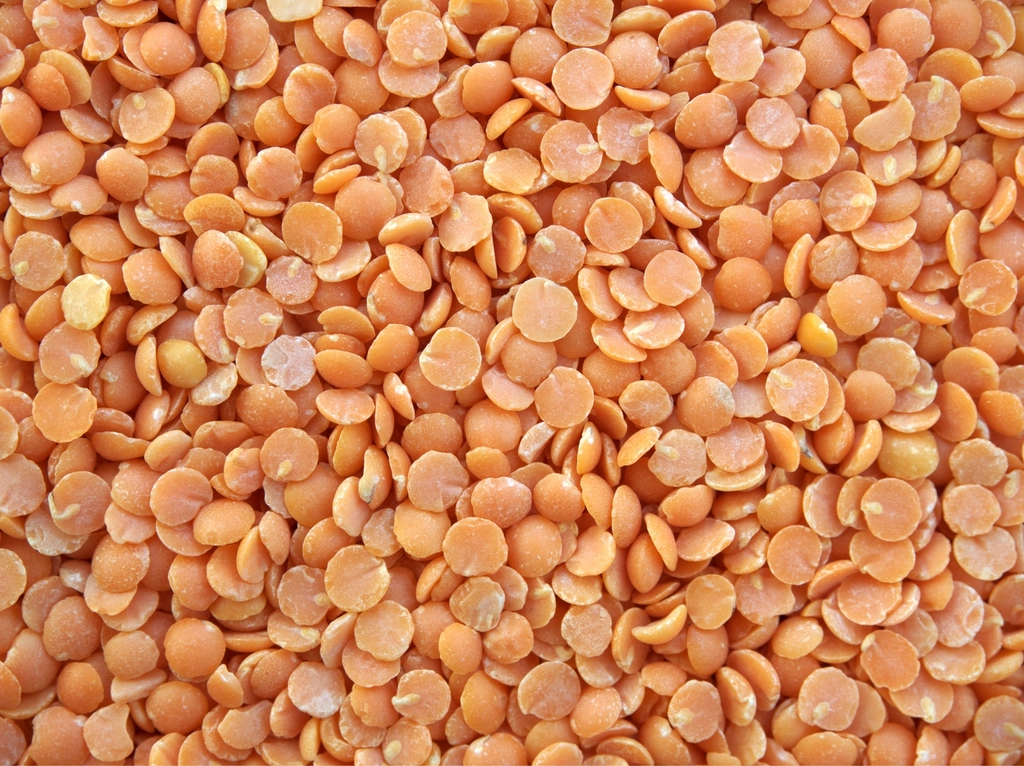
Red lentils contain 23 grams of protein per 100 grams and are perfect for soups, stews, and salads.
Beluga Lentils – Nutritious and Filling
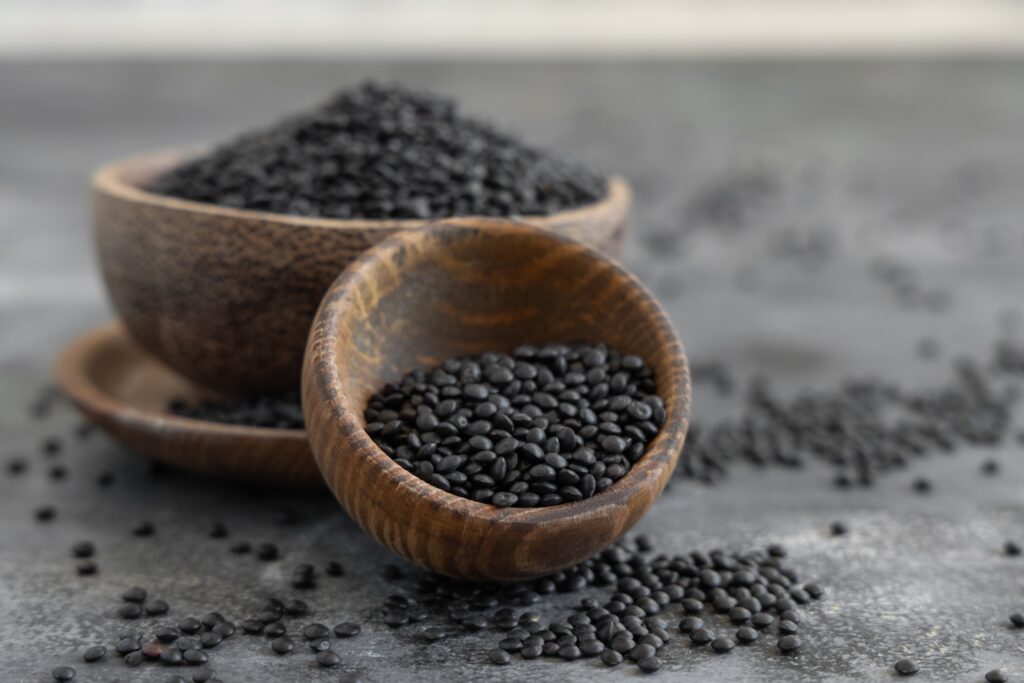
These small black lentils provide 23 grams of protein per 100 grams. They have a firm texture and work well in both hot and cold dishes.
Chicken – One of the Best Animal Protein Sources

Chicken offers 19 grams of protein per 100 grams. It’s a lean, high-protein option that can be prepared in countless ways.
Also read: Billions of Microplastics in Your Tea? Here’s What You Need to Know
Shrimp – Light and Protein-Rich
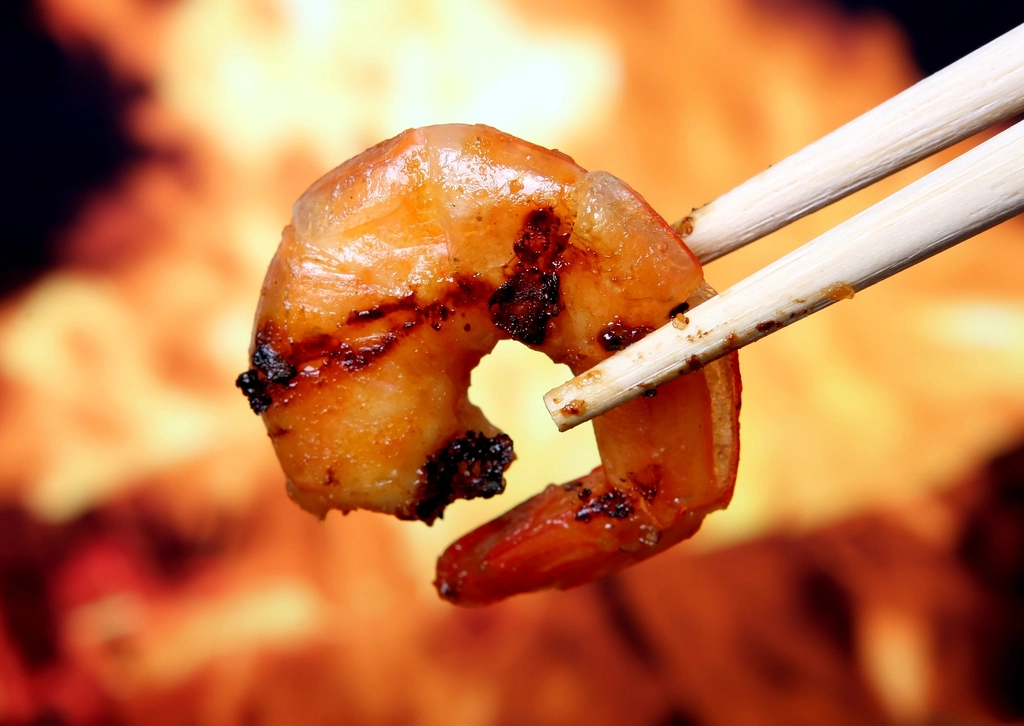
Shrimp contain 16 grams of protein per 100 grams and are perfect for salads, pasta dishes, or seafood platters.
The article is based on information from IFORM.
